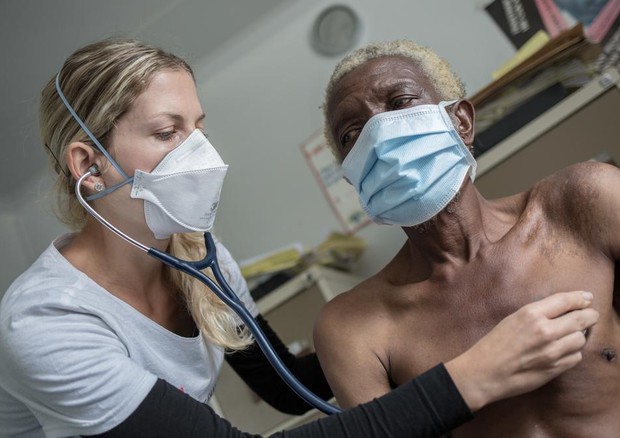Kansas is facing an unprecedented outbreak of tuberculosis, with 67 active cases confirmed since the beginning of the year. In addition to the active cases, 79 latent infections have been reported. So far, the cases are mainly in Wyandotte and Johnson counties. According to the U.S. Centers for Disease Control (CDC), this is the largest documented outbreak of tuberculosis in the United States since 1950, when the CDC began monitoring and reporting cases of the disease. Also, according to the CDC, although there is a vaccine against tuberculosis (Bacille Calmette-Guérin), it is no longer commonly used in the United States.
Meanwhile, the Kansas Department of Health and Environment KDHE is working to ensure that patients receive appropriate treatment. KDHE spokeswoman Jill Bronaugh stressed that treating cases should have the effect of limiting the spread of this disease caused by the bacterium Mycobacterium tuberculosis. This spreads through the air when those affected cough or talk. Therefore, people who spend time in close contact with someone who has tuberculosis are at increased risk of infection.
Tuberculosis typically affects the lungs, but can also damage the brain, kidneys or spine. This can manifest itself latently as “latent tuberculosis infection” when bacteria that have infected a human body are inactive and do not cause symptoms. The infected person in this case is not contagious but can develop the disease if not treated in time. In contrast, tuberculosis can manifest as Tuberculous Disease when it is active i.e., contagious and symptoms are overt. Those with it may suffer from a persistent cough, chest pain, fatigue, weight loss and night sweats.
Currently, Kansas health officials are regularly checking anyone who tests positive to determine whether they have latent tuberculosis infection or active tuberculosis. Treatment for latent TB typically involves one or more drugs, such as isoniazid or rifampin, for up to nine months. Active Tuberculosis Disease can also be treated with combinations of drugs, including ethambutol, rifampin and pyrazinamide for longer than nine months.












